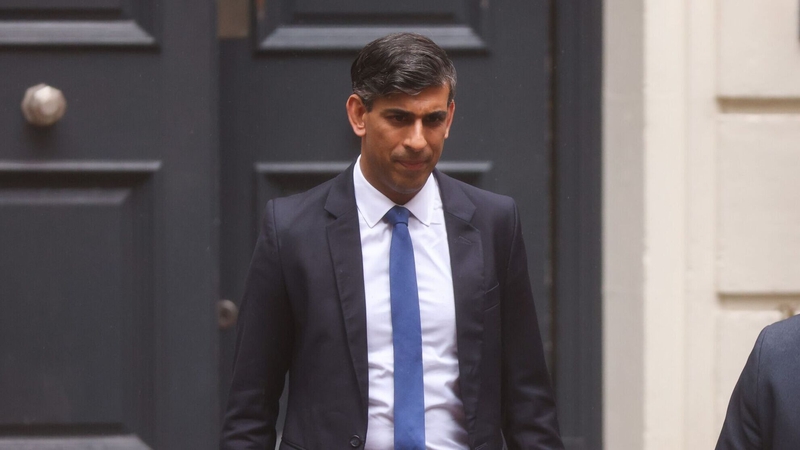With Labour coming out on top at the general election, talk quickly turned to who could replace Rishi Sunak as the Conservative Party's leader.
Mr Sunak announced this morning that he was resigning as party leader following the humbling at the hands of the electorate.
However following huge losses for the Tories, several top Cabinet ministers have lost their seats - meaning Penny Mordaunt and other possible runners have been knocked out of the race before it even started.
Here are the key contenders to watch:
James Cleverly
James Cleverly, who served as Home Secretary, has yet to declare his intentions and told Sky News in the aftermath of his re-election as an MP: "What might happen in the future I'll leave that for the near future."
An article in The Times had suggested he would not go for the top job due to his wife's health but other reports indicate he could be persuaded to run.
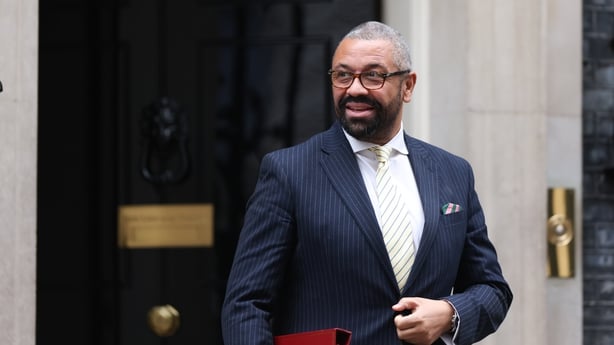
Mr Cleverly is a centrist who previously served as foreign secretary and was first elected as the Conservative MP for Braintree in May 2015.
After an injury cut short his Army career, he got a business degree and joined the Territorial Army. Mr Cleverly worked in magazine and digital publishing before setting up his own business. He was a London Assembly member before he became an MP.
Kemi Badenoch
Outgoing Business Secretary Kemi Badenoch is seen as a frontrunner among right-leaning factions and has left the door open to a tilt at the top job by saying "we will talk about leadership things after an election".
Ms Badenoch was born in Wimbledon and grew up in Nigeria and the US, returning to the UK at the age of 16. She has a master of engineering as well as a bachelor of laws and has worked at private bank Coutts and The Spectator.
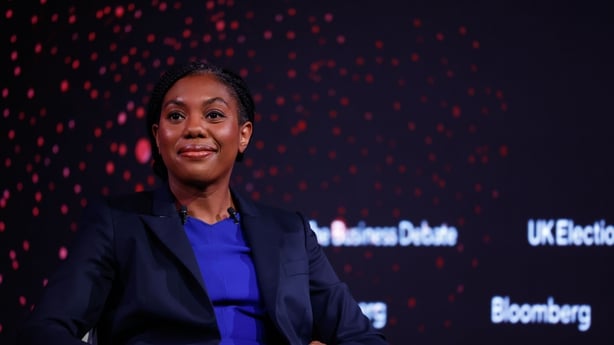
She first became an MP in 2017. Ms Badenoch backed Brexit, and as minister for women and equalities she has made a name for herself as an outspoken voice on gender issues, including by calling for a change to the Equality Act so that sex is defined only as someone's biological sex.
Ms Badenoch has rejected calls for Reform UK leader Nigel Farage to be welcomed into the Tory fold.
Priti Patel
Former home secretary Dame Priti Patel is a longstanding Eurosceptic who has said she was inspired to join the Conservative Party by Margaret Thatcher.
She became an MP in 2010 and served in cabinet positions under Theresa May and Boris Johnson, as international development secretary and home secretary respectively.
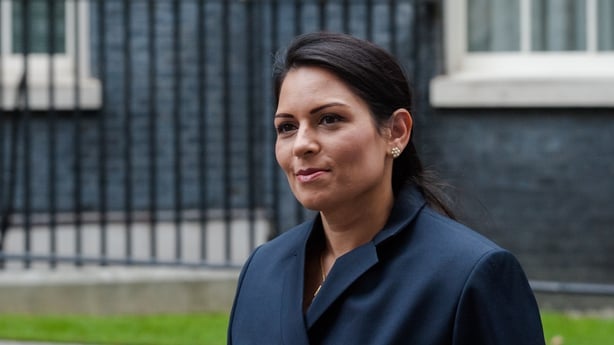
Ms Patel was a leading figure in the Vote Leave campaign, and as home secretary she launched a points-based immigration system, signed the agreement with Rwanda to send asylum seekers to the country and sealed returns deals with Albania and Serbia.
She resigned as home secretary after Liz Truss became Tory leader.
Suella Braverman
Suella Braverman declared two days before election day that the fight for a Conservative electoral victory is over.
Writing in The Telegraph, she instead referred to a "fight for the soul" of the party.
Ms Braverman, a barrister by trade, has a track record of controversial op-eds. She was appointed home secretary by Rishi Sunak, who sacked her from that post over an article accusing the Metropolitan Police of bias in policing protests.
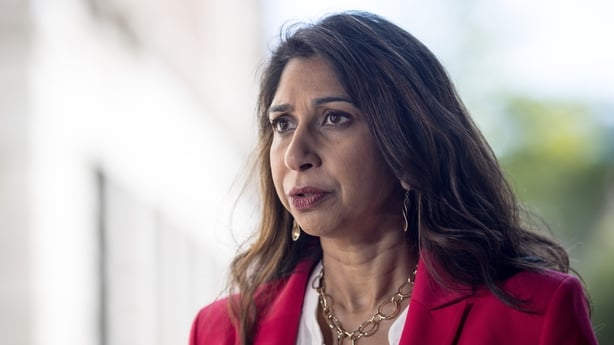
Ms Braverman was previously attorney general for England and Wales under Boris Johnson and has also chaired the Eurosceptic European Research Group.
She was elected as an MP in 2015. She recently told The Times she would welcome Nigel Farage into the Conservative Party, saying: "There's not much difference really between him and many of the policies that we stand for."
Robert Jenrick
Former immigration minister Robert Jenrick last month denied he was firing the first shot in the race to replace Mr Sunak when he wrote an opinion piece dubbed by The Mail on Sunday as him "effectively setting out his manifesto".
Mr Jenrick used the article to say the Conservatives are the "natural home for Reform voters" and that former prime minister Boris Johnson "must always have a place" in the Tories, including in Parliament, should he wish to have one.
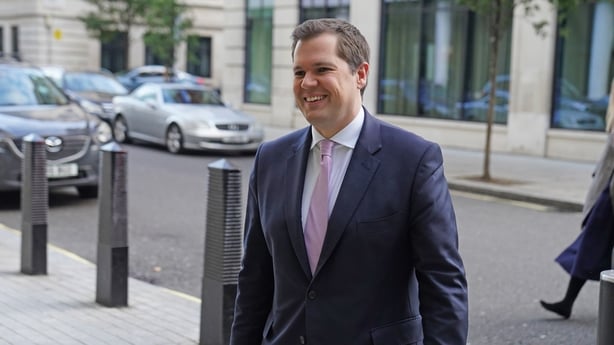
The MP for Newark resigned as a minister last December as he claimed the then draft legislation designed to revive the Rwanda deportation policy did "not go far enough".
Mr Jenrick last month claimed Mr Sunak's administration was "turning a corner" in its efforts to reduce net migration.
He added in a nod to Reform: "We have to build a coalition of voters and propose policies which will fix people's problems - be that on migration, public services reform, the cost of living, or housing."
